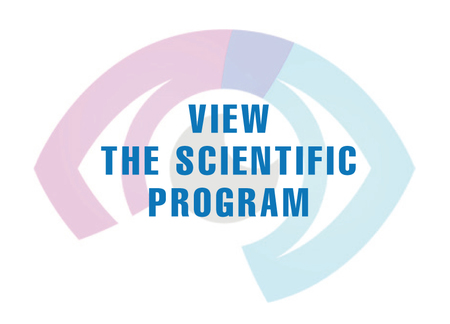Dr Swapnil Gautam
prestigious institute of Grant Medical College & Sir J J Group of Hospitals, Mumbai
Title: Current status and Management : Indian Perspective
Biography
Biography: Dr Swapnil Gautam
Abstract
Dengue is a flavivirus, transmitted by the mosquito Aedes aegypti. WHO had identified it as one of the neglected tropical diseases in 2010. The maximum disease burden due to dengue is in south east Asian and western pacific countries. India is an endemic country for dengue. Every year during and after monsoon, the number of dengue cases peak. The small and transient water collections along with appropriate temperature range and relative humidity leads to higher vector density. There are four dengue virus serotypes – DENV 1 – 4. The infection with any one serotype provides lifelong immunity to that particular serotype only. The vector breeds mostly in domestic man made water storage objects. The female Ae. aegypti becomes infected with dengue virus after consumption of blood meal from a person suffering from the disease. The virus is transmitted by introduction of saliva into the wound of the person bitten. The secondary infections are generally seem to be the worse. The different pathological mechanisms involve T cell mediated antibody response cross reacting with vascular endothelium along with release different cytokines and mediators. There is an increase in capillary permeability which leads plasma leakage and shock. The functional disturbance of endothelial glycocalyx also happens transiently. There is thrombocytopenia and coagulopathy. Majority of the persons, infected with the dengue virus remain asymptomatic. Those who are symptomatic, may develop severe manifestations. These are multiorgan involvement, bleeding and intractable shock. The different grades are – dengue fever (DF), dengue hemorrhagic fever ( DHF ). DHF III and DHF IV are dengue shock syndrome ( DSS ). The different phases of illness include – febrile phase, critical phase and convalescent phase.The febrile phase is characterized by fever, joints and muscle pain. There may be presence of a rash during stage. The critical phase is where most of the complications occur. This phase comes 3 to 4 days after onset of fever. Dengue can lead involvement of multiple organ systems and coagulopathy. There have been cases of hemophagocytic lymphohistiocytosis due to dengue. The management of dengue involves fluid correction, symptomatic treatment and correction of complications. The vaccines haven’t been introduced in India.

